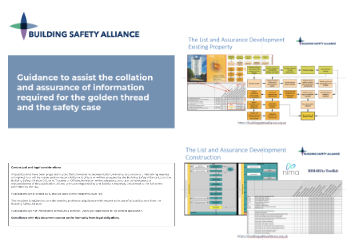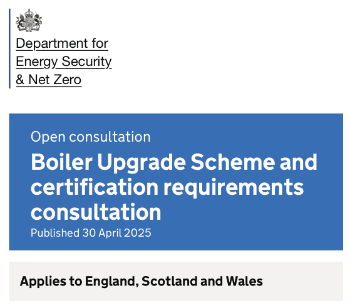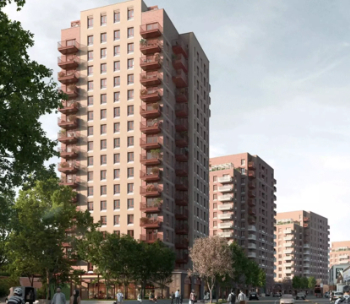Privity of title
Privity is the relationship between parties which results from them participating in the same transaction or occurrence. Privity of title, also referred to as privity of estate, is the legal relationship between two or more parties who share an interest in the same estate/property. That is, when the parties’ estates constitute one estate in law.
In contrast with a privity of contract, privity of title involves rights and duties that run with the land. The privity of title binds both parties to the terms of any covenants that run with the land, but only for as long as the privity continues.
A common example of privity of title is the relationship between landlord and tenant. The privity of title, or tenancy, cannot usually be transferred by a tenant without the consent of the landlord. On coming into a privity of title, an assignee is liable only for the period that they are in possession under the assignment (i.e. when they are the legal assignee). Therefore, on obtaining the privity of title, the assignee is liable to the landlord for rent payments and the breach of any covenants, while the landlord is liable to the assignee for the covenant of quiet enjoyment, and so on.
The original tenant, on assigning their interest in the lease, has their privity of title terminated while their privity of contract is retained. They end their right to possession but, unless there is an agreement otherwise, their liability under the lease continues.
If the tenant sublets to a third party this establishes both a privity of title and privity of contract between the new leasehold estate of the tenant and sub-tenant, but not between the sub-tenant and the landlord. The original tenant retains privity of title with the landlord.
[edit] Related articles on Designing Buildings Wiki
Featured articles and news
Licensing construction in the UK
As the latest report and proposal to licence builders reaches Parliament.
Building Safety Alliance golden thread guidance
Extensive excel checklist of information with guidance document freely accessible.
Fair Payment Code and other payment initiatives
For fair and late payments, need to work together to add value.
Pre-planning delivery programmes and delay penalties
Proposed for housebuilders in government reform: Speeding Up Build Out.
High street health: converting a building for healthcare uses
The benefits of health centres acting as new anchor sites in the high street.
The Remarkable Pinwill Sisters: from ‘lady woodcarvers’ to professionals. Book review.
Skills gap and investment returns on apprenticeships
ECA welcomes new reports from JTL Training and The Electrotechnical Skills Partnership.
Committee report criticises UK retrofit schemes
CIOB responds to UK’s Energy Security and Net Zero Committee report.
Design and construction industry podcasts
Professional development, practice, the pandemic, platforms and podcasts. Have we missed anything?
C20 Society; Buildings at Risk List 2025
10 more buildings published with updates on the past decade of buildings featured.
Boiler Upgrade Scheme and certifications consultation
Summary of government consultation, closing 11 June 2025.
Deputy editor of AT, Tim Fraser, discusses the newly formed society with its current chair, Chris Halligan MCIAT.
Barratt Lo-E passivhaus standard homes planned enmasse
With an initial 728 Lo-E homes across two sites and many more planned for the future.
Government urged to uphold Warm Homes commitment
ECA and industry bodies write to Government concerning its 13.2 billion Warm Homes manifesto commitment.
From project managers to rising stars, sustainability pioneers and more.
Places of Worship in Britain and Ireland, 1929-1990. Book review.






















